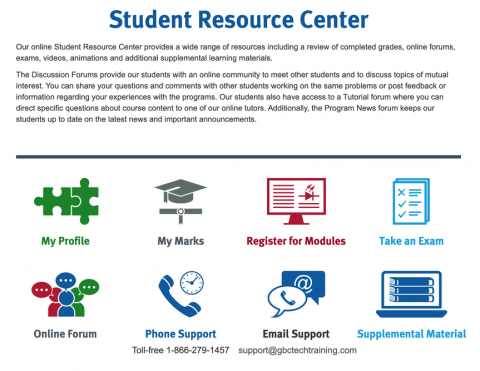Shop At Haya: Your Ultimate Shopping Guide
Discover the best shopping tips, trends, and deals for a smarter buying experience.
Study Smarter, Not Harder: Secrets to Student Success
Unlock the secrets to student success! Discover powerful strategies to study smarter, boost your grades, and achieve your academic goals.
Top 10 Study Techniques to Maximize Your Productivity
Maximizing your productivity while studying requires implementing effective techniques that enhance focus and retention. The top 10 study techniques include strategies such as the Pomodoro Technique, where you study intensely for 25 minutes followed by a 5-minute break, helping to maintain high levels of concentration. Another method is active recall, which involves testing yourself on the material you're learning rather than passively reviewing notes, thereby reinforcing your memory and understanding of the topic.
Additionally, creating a conducive study environment is essential; ensure your study space is free from distractions and organized. You can also utilize spaced repetition, which involves revisiting the study material at spaced intervals over time, to improve long-term retention. Other useful techniques include summarizing information in your own words, making mind maps for visual learners, and forming study groups to discuss and clarify difficult concepts. Implementing these study techniques will significantly boost your productivity and help you achieve your academic goals.

How to Create a Study Schedule That Works for You
Creating a study schedule that works for you is essential for maximizing your productivity and retaining information effectively. Start by assessing your study habits and identifying your peak study times. Consider using a planner or digital calendar to block out dedicated study periods. Incorporate breaks to avoid burnout, and be sure to balance your study sessions with self-care activities. A well-structured study schedule not only helps you manage your time but also reinforces discipline and motivation.
Once you have outlined your study times, it's crucial to prioritize your tasks. Use the following tips to create a focused study schedule:
- List out all subjects or topics you need to study.
- Assign specific time slots to each subject based on difficulty and importance.
- Incorporate varying study techniques such as flashcards, group study, and practice tests to keep your sessions engaging.
What Are the Best Resources for Effective Exam Preparation?
Effective exam preparation requires a combination of the right resources and strategies. First and foremost, study guides are invaluable as they condense vital information into manageable sections. Utilizing flashcards can also enhance retention through active recall, making them ideal for memorizing important terms and definitions. Additionally, joining a study group can facilitate discussions and clarify doubts, which often leads to a deeper understanding of the subject matter.
Aside from traditional materials, leveraging online platforms is crucial for modern exam preparation. Websites such as educational forums and video tutorials provide interactive content that caters to various learning styles. Practicing with past exam papers can help familiarize you with the question format and time constraints, improving your performance on test day. Lastly, don't underestimate the power of a well-structured study schedule to keep you organized and on track.